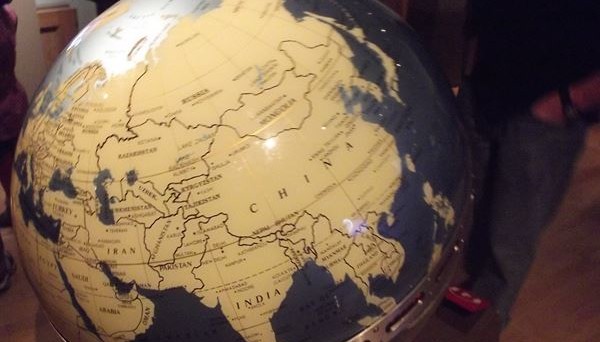
In response to HIV epidemics amongst people who inject drugs, harm reduction measures have been rolled out in varying degrees in most countries in Asia over the past two decades. During the same period, many governments began claiming that they adopt a health-based approach to drug use.
However, policy responses to drug use in Asia (as in the rest of the world) have remained overwhelmingly focused on punishment, ranging from criminalization to corporal punishment and compulsory detention centres (regarded as ‘rehabilitation centres’ but providing no evidence-based treatment interventions and leading to human rights violations including forced labor, physical and sexual abuse).
Impeded by such brutally punitive legal environments, the coverage of harm reduction measures remains inadequate across the region – and, as a result, HIV and hepatitis epidemics amongst people who inject drugs remain a serious public health concern in many countries.
Reduce the harm or reduce the drug use?
It has become apparent that it is not just harm reduction measures that are needed, but also drug policies that are driven by the philosophy of harm reduction.
The existence of drug treatment services that are based on scientific evidence, voluntary, tailored to individual needs, and informed by evidence-based assessments of drug dependence is rare. It has become apparent that it is not just harm reduction measures that are needed, but also drug policies that are driven by the philosophy of harm reduction—that is, focusing on reducing the harms related to drug use rather than on reducing drug use itself.
In the lead up to the UN General Assembly Special Session (UNGASS) on the world drug problem in April 2016, member states from the Americas, Europe and Africa, along with an ever-increasing number of UN agencies, are advocating for a reorientation in drug policies towards public health, human rights and development instead of the longstanding focus on law enforcement responses.
For at least 40 years since then US President Richard Nixon declared a ‘war on drugs’, Asian governments have zealously ramped up law enforcement operations to seize drugs and arrest suspects, and passed laws to exact harsh penalties on anyone engaged in drug-related activities, even the death penalty as a mandatory sentence in Iran, Singapore and Malaysia. They did not spare people who use drugs, believing that tough punishment would be an effective deterrent.
It hasn’t worked, and levels of drug use and the volume and diversity of drugs available in Asia has only increased.
But it hasn’t worked, and levels of drug use and the volume and diversity of drugs available in Asia has only increased, with East and Southeast Asia representing one of the largest markets for synthetic drugs in the world.
Instead, these policies have directly contradicted efforts to implement harm reduction measures in Asia, yet governments have refused to discuss the ineffectiveness and negative consequences of the ‘war on drugs’ and stubbornly cling to unrealistic goals of achieving a drug-free society.
Voluntarily seek harm reduction
In 2015, the United Nations (UN) Secretary General Ban Ki Moon called on countries to “consider alternatives to criminalization and incarceration of people who use drugs and focus criminal justice efforts to those involved in supply. We should increase the focus on public health, prevention, treatment and care, as well as on economic, social and cultural strategies”.
Other UN agencies have supported this call and urged countries to decriminalize the use of drugs and possession for personal use, in order to enable people who use drugs to voluntarily seek any harm reduction, drug treatment or social assistance they may need.
UNGASS 2016 marks an important crossroads for governments – who can choose to take on the lessons of drug policy failures and pursue reforms, or bury their heads in the sand and stay true to damaging policies that might score political points but have proven to deliver no positive outcomes for health and human rights. Wake up, drug policy reform in Asia, harm reduction needs you.
Comments